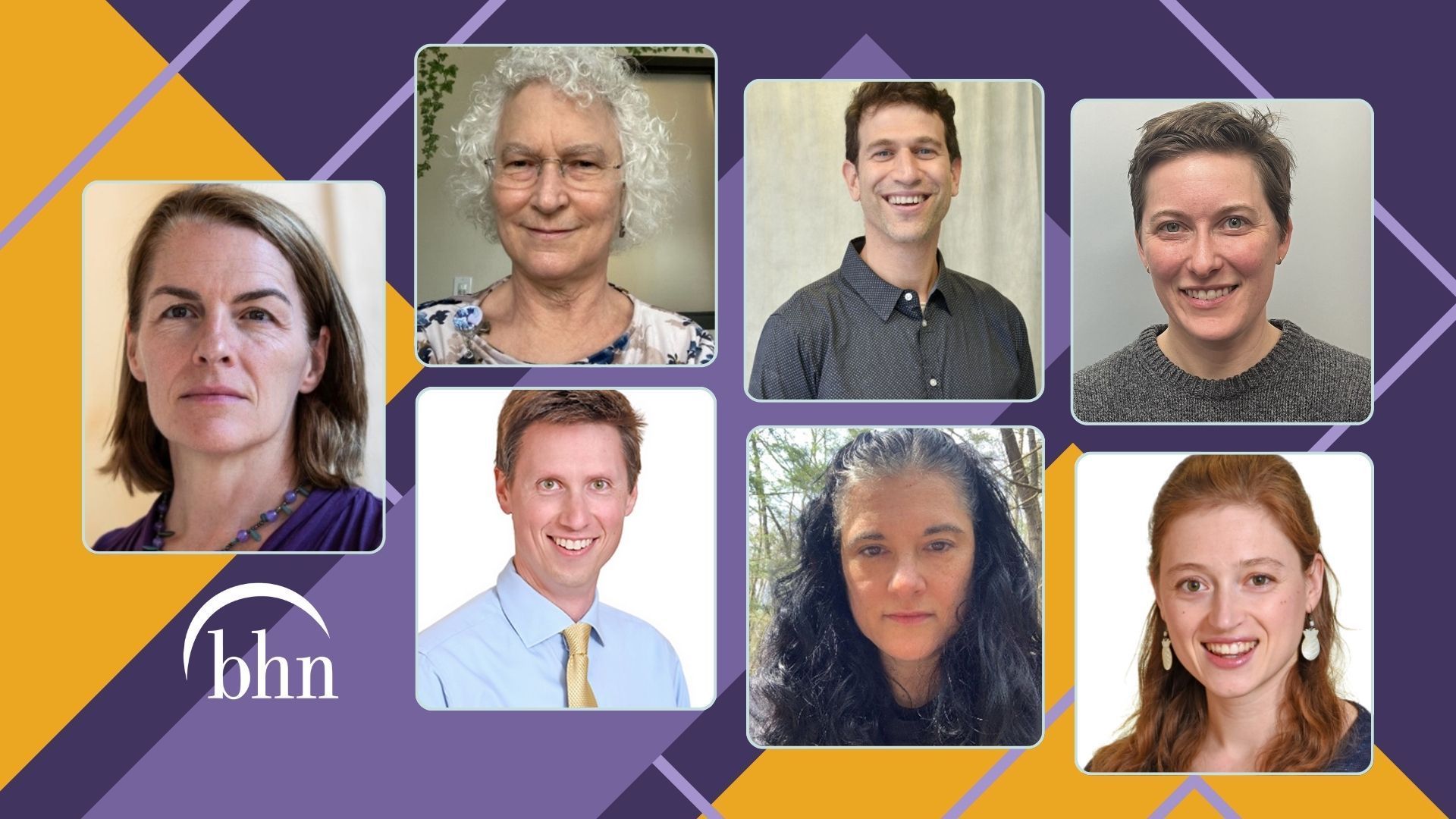Understanding Seasonal Affective Disorder

The winter months are upon us, and with that can bring changes not just in the weather, but in mood as well. Martha Klaczak LMHC, LADC I, Adult Program Director at BHN WellBeing in Westfield, and Frank Shea, LMHC, Program Director at Agawam Counseling Center, discuss Seasonal Affective Disorder (SAD) and its effects.
SAD is a form of depression linked to seasonal changes that typically starts and ends around the same time every year. Most people with SAD experience symptoms that begin in the fall and continue into the winter months. When the days get shorter, less sunlight means less vitamin D intake, which reduces serotonin. The further north you go, the shorter the winter days are. Conversely, says Shea, “If you were to live in a place such as Mexico or Central America, the odds of having SAD would be much less because the sunlight [there] doesn’t fluctuate as much.”
Klaczak mentions SAD is not to be confused with the “winter blues,” which is sadness or anxiety brought on by stressors such as seasonal changes in work or family visits during the holidays. SAD is a type of clinical depression, which is characterized by a recurring seasonal pattern that can last up to five months out of the year. It includes feelings of hopelessness, pessimism, and guilt and can cause loss of appetite, unplanned weight changes, physical aches, and thoughts of suicide. Symptoms usually improve during the spring and summer months naturally; treatment can help reduce symptoms during the winter months.
How SAD is Diagnosed
Not only must a person have symptoms of depression as previously mentioned, but episodes must also have occurred during a specific season and for at least two consecutive years. About 16.4 million Americans suffer from SAD, which is roughly 5 percent of the population. SAD can start in young adulthood and tends to affect women more than men.
How SAD is Treated
Getting the recommended daily amount of Vitamin D can help with SAD. Vitamin D is found in foods such as egg yolks, canned tuna, and fatty fish. A primary care physician can determine the recommended amount for each individual. In some cases, light therapy (phototherapy) may help treat SAD. Light therapy involves sitting in front of a special light box that mimics natural light first thing in the morning for 30 to 45 minutes. Cognitive behavioral therapy has also been proven to effectively treat SAD.
Being aware of melatonin levels can be beneficial. “If you produce too much melatonin, it can cause an increase in sleepiness and oversleeping. Some people take a lot of melatonin supplements and think that's going to help,” says Klaczak. “It’s actually going to do the opposite." Both serotonin and melatonin help maintain our bodies’ daily rhythm, which is tied to our seasonal night and day cycle, and too much sleep can throw that off balance.
Shea notes that many people look forward to the winter months - for instance those interested in winter sports such as hockey. This demonstrates the importance of exercise, which improves mood, regardless of what season it may be!
If you or a loved one need support call BHN 413-301-WELL (9355) or visit BHN WellBeing locations: 417 Liberty Street, Springfield, MA, or 77 Mill Street, Westfield, MA.
SHARE
Topics

Stay Up to Date!
Sign-up for our newsletter to receive news and updates from BHN.




